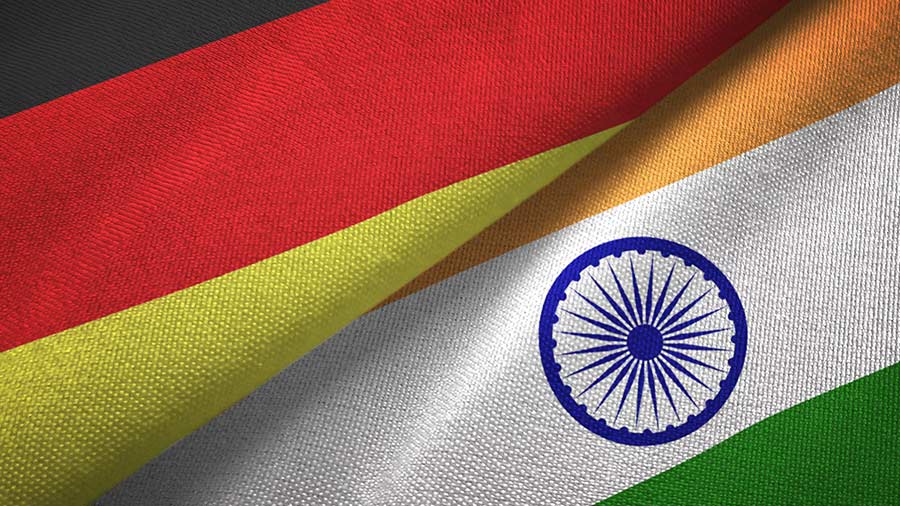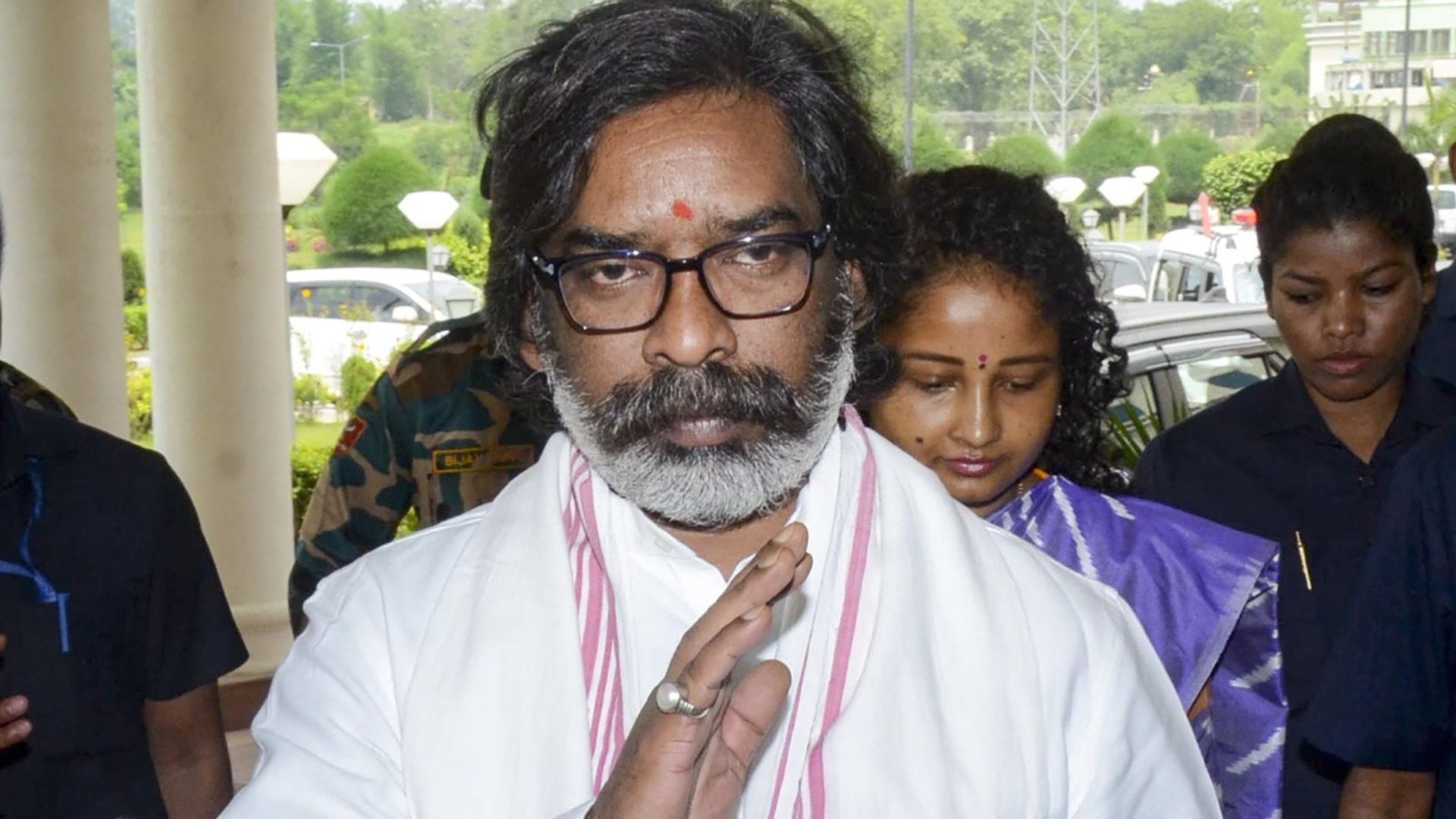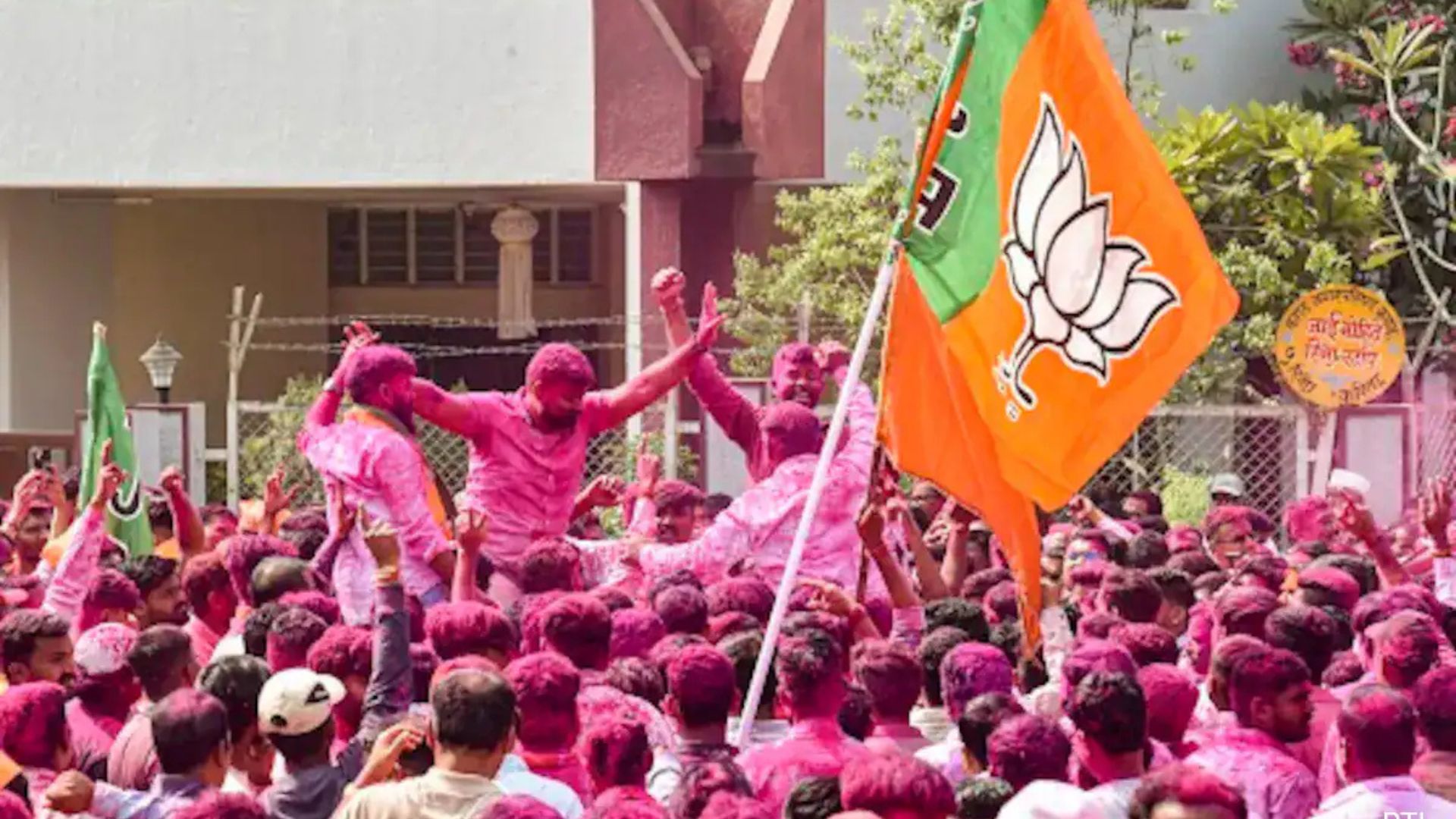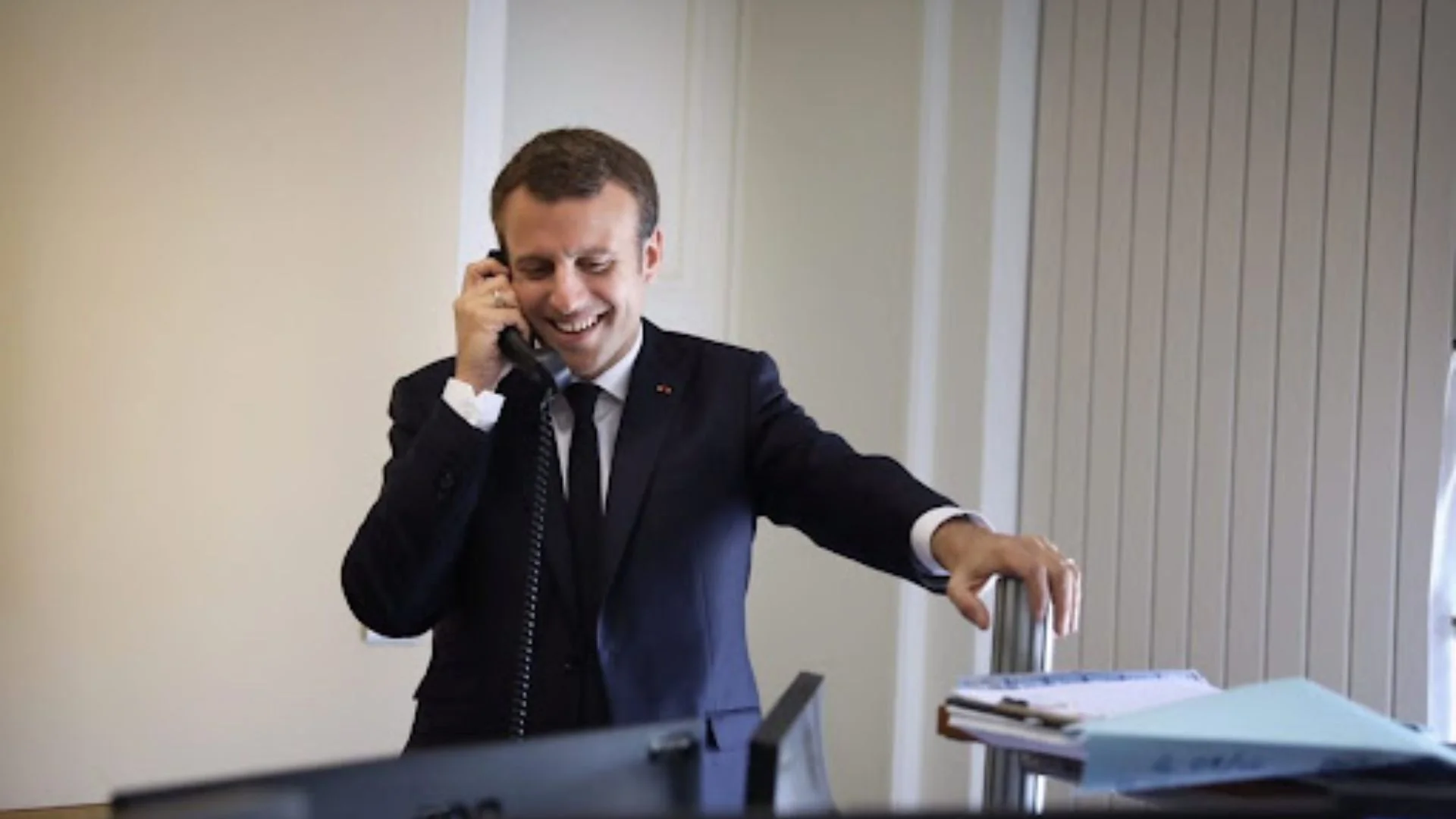
The 7th Intergovernmental Consultations (IGC) between India and Germany are being held on October 25-26 in New Delhi. Co-chaired by Prime Minister Narendra Modi and German Chancellor Olaf Scholz, the biennial event aims to review and advance cooperation across various sectors. This IGC marks an important chapter in Indo-German relations, focusing on sustainability, green technology, and enhanced defence partnerships.
Established in 2011, the IGC is a unique bilateral mechanism allowing both nations to conduct comprehensive reviews and identify new areas for collaboration. India is one of the few countries with which Germany holds this high-level format of cooperation. During the consultations, ministers from both countries engage in vertical meetings that culminate in the plenary session co-chaired by Modi and Scholz.
A major highlight of the 7th IGC is the emphasis on technology and innovation, especially in sustainable development. The discussions are expected to focus on green transition efforts, enhancing migration and mobility partnerships, and advancing defence collaboration. Notably, the IGC builds upon the “India-Germany Vision Document,” which was released during Chancellor Scholz’s state visit to India in 2023.
This year also marks the 50th anniversary of science and technology cooperation between the two nations. Both sides have collaborated on critical areas such as space research, artificial intelligence, environmental science, and sustainability. During the 6th IGC in Berlin in May 2022, the Green and Sustainable Development Partnership was signed, through which Germany committed 10 billion euros in additional funding to support India’s climate goals.
In the lead-up to the IGC, Germany released two key India-centric strategies. The “Focus on India” strategy seeks to deepen bilateral relations across all German ministries and departments. Additionally, the Skilled Labour strategy focuses on improving workforce mobility, targeting skilled Indian workers to address Germany’s labour shortages.
Defence and security cooperation remains a key pillar of the bilateral relationship. Recent joint military exercises, such as the Indo-German naval drills and the first bilateral air force exercise, Ex Tarang Shakti-1, underscore the growing importance of defence engagements. Chancellor Scholz is also expected to visit Goa, where the German Frigate Baden-Wuerttemberg is conducting joint exercises with the Indian Navy.
Germany is India’s largest trading partner in the European Union, with bilateral trade reaching a record USD 33.33 billion in 2023. The two nations share robust economic ties, particularly in green energy, urban mobility, and sustainable development projects, such as the Nagpur metro and solar energy partnerships.
Migration and mobility have emerged as focal points in India-Germany relations. With approximately 2.5 lakh Indians residing in Germany and 50,000 Indian students enrolled in German universities, the 2022 Migration and Mobility Partnership Agreement has paved the way for smoother movement of skilled labour between the two countries.
Simultaneously, the 18th Asia-Pacific Conference (APK) is being held in New Delhi from October 24-26, coinciding with the IGC. The APK is expected to enhance trade and investment ties between India and Germany, with around 650 top business leaders and CEOs from both nations participating in this event.















